Is it time to switch to IPv6?
IP addresses are running out - when do businesses need to move to the new system and what are the advantages of switching over?

With ever-growing numbers of businesses and users, quite simply the internet is running out of Internet Protocol addresses with which to create new website domains.
With the problem compounded by the need for IP addresses for mobile phone users, the twenty year-old IPv4 system allocating IP addresses is showing the strain. IPv6 is the newest version of the Internet Protocol offering space for longer addresses and increasing the number of available IP addresses from 4 billion to a staggering trillion trillion.
According to the latest IPv6 Deployment Monitoring Survey sponsored by the European Commission, not enough businesses are switching over to IPv6. The survey, which included 610 respondents from 54 countries, revealed that only 17 per cent of companies are making use of IPv6.
The position has only marginally improved since ARIN's survey in March 2008 with businesses remaining uncertain about the benefits of switching over. Of those businesses that weren't considering switching to IPv6, almost 70 per cent couldn't understand the need for change.
The survey also revealed that 92 per cent of ISPs are not using IPv6 and are themselves unsure about whether to promote IPv6 uptake to their customers.
Why switch to IPv6?
So why should businesses change over to IPv6? Even RIPE's "IPv6 Act Now" site only warns us that "failure to adopt these new resources could mean a slowing in the pace of internet innovation" which isn't something most businesses are likely to worry about.
Sign up today and you will receive a free copy of our Future Focus 2025 report - the leading guidance on AI, cybersecurity and other IT challenges as per 700+ senior executives
IPv4 addresses are likely to continue working long after all the available addresses run out, so the problem itself is only likely to affect new businesses or current businesses looking to expand their web presence.
That said, a change to IPv6 seems inevitable. Cisco's view is that "every customer in the market will face the inevitable transition from IPv4 to IPv6."
As such, the change to IPv6 will eventually be forced upon businesses as demand for IP addresses exceeds supply along with the associated costs of retraining staff, enhancing management tools, routers and operating or deploying IPv6-enabled versions of applications.
Microsoft have already built support for IPv6 into Windows from XP to 7, so it really boils down to a question of whether to change over to IPv6 sooner or later?
What are the advantages of switching?
Besides the capacity to have longer IP addresses - 128 bits instead of the current 32 - which might prove beneficial for various web apps, IPv6 offers tougher security thanks to the core feature of IP(Sec) which secures B2B data flows using AES and Triple-DES encryption.
IP(Sec) also offers strong authentication with a header extension that checks each data packet comes from the source address it claims and makes use of cryptographic keys to establish a session between computers or servers.
Besides better security, IPv6 also comes with auto-configuration, with IPv6 hosts detecting the presence of local networks and routers automatically potentially saving businesses money in terms of IP and network management. Auto-configuration will also aid wireless mobile devices in connecting when travelling and discovering foreign networks.
Multicasting, or sending data packets to multiple recipients, is also supported by IPv6, which is handy for videoconferencing and streaming video to other business users. While IPv4 also supports multicast, it's optional and not every router or host currently supports it. IPv6 also has an anycast mode for sending information to the nearest member of a group of recipients.
There are other differences too. IPv4 treats all packets of information the same whereas IPv6 implements quality-of-service (QOS) by classifying packets using traffic class and flow label fields essentially this means data flows can be prioritised and requests for special handling can be made. Finally, IPv6 is more customisable than IPv4.
It's possible to create extension headers that add more functionality so with any luck we won't be facing the same need for migration in the future.
Timescale for action
When will the supply of IP addresses actually run out? Estimates vary, but most suggest that the Internet Assisted Numbers Authority's (IANA) unallocated addresses will be exhausted sometime between 2011 and mid-2012.
The European Commission feels a "significant step" should be taken as early as 2010. RIPE's site estimates that 88 per cent of IP addresses are already used up.
Certainly the business world doesn't seem on course currently to meet the European Commission's IPv6 target adoption rate of 25 per cent by next year.
Despite the EC's calls for Governments to lead the way in switching over to IPv6, to which the Internet Society has added its voice, the UK government has yet to intervene, although it has recently released specs for IPv6 compliance required for government network procurements.
Advice on switching over
Of course, despite the obvious benefits of IPv6, switching over is likely to mean costs for business in retraining staff, enhancing routers and deploying IPv6-enabled versions of applications.
Probably the biggest issue for businesses is integration. IPv4 addresses and IPv6 addresses can't communicate directly with each other but they are likely to co-exist together for a long transitional period.
The most common technique for integration is likely to be using a tunnel broker tool capable of providing IPv6 functionality via IPv4 infrastructure on the web.
The first step for businesses thinking of taking the plunge to IPv6 is to find out whether their computers and devices have IPv6 support - a full list is here.
If you are thinking of migrating over to IPv6, consider drawing up a migration plan. There are plenty of sites on the web to help you including IPv6.com, as well as ones from Cisco and Lumeta.
-
 Anthropic researchers warn AI could 'inhibit skills formation' for developers
Anthropic researchers warn AI could 'inhibit skills formation' for developersNews A research paper from Anthropic suggests we need to be careful deploying AI to avoid losing critical skills
-
 CultureAI’s new partner program targets AI governance gains for resellers
CultureAI’s new partner program targets AI governance gains for resellersNews The new partner framework aims to help resellers turn AI governance gaps into scalable services revenue
-
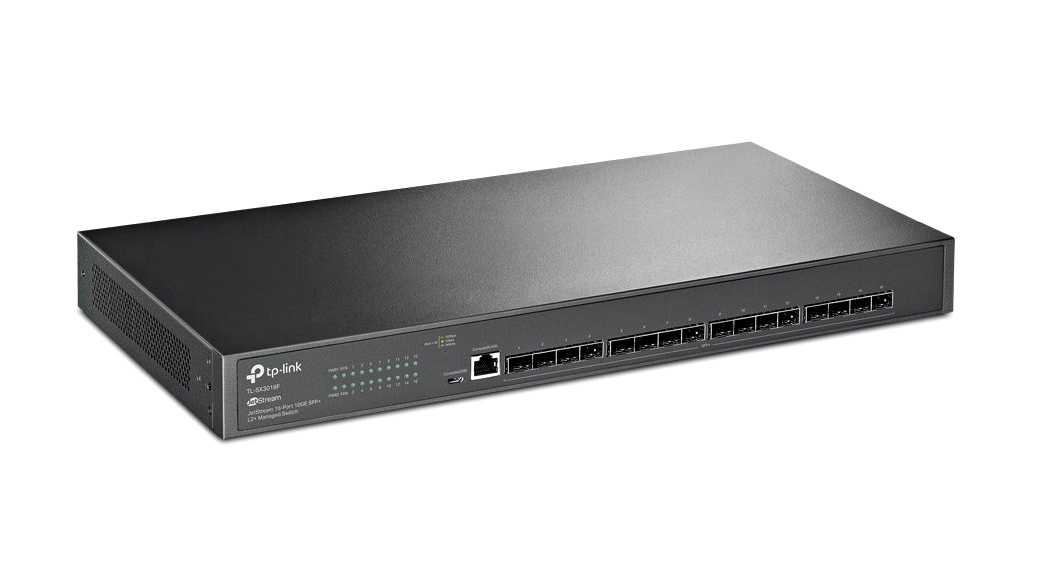
 TP-Link JetStream TL-SX3016F review: Plenty of ports at a pleasing price
TP-Link JetStream TL-SX3016F review: Plenty of ports at a pleasing priceReviews A great-value fibre 10GbE switch with a low cost per port, high performance and plenty of features
-
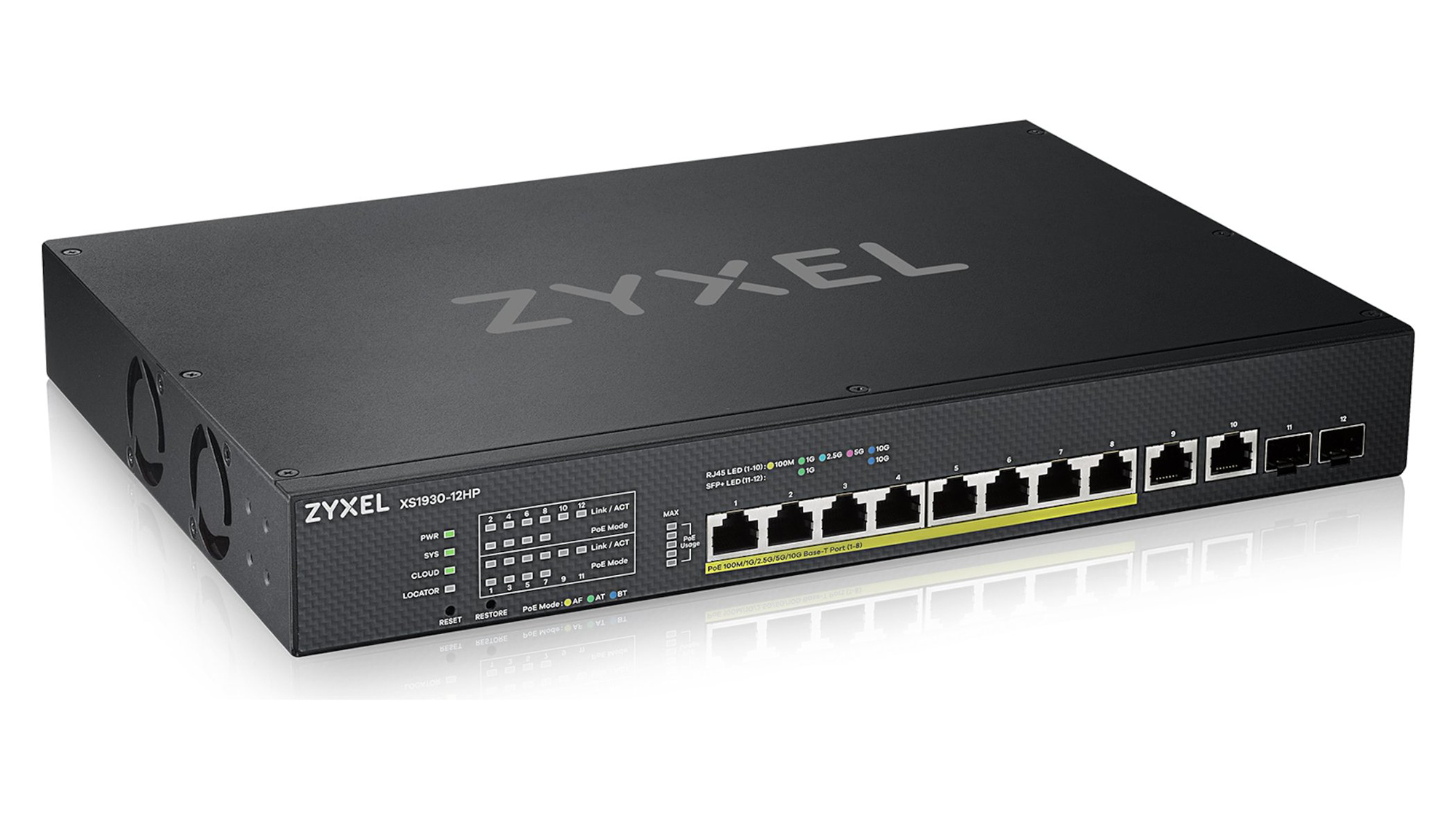
 Zyxel XS1930-12HP review: In a league of its own
Zyxel XS1930-12HP review: In a league of its ownReviews A powerful switch with a network connection for every occasion and powerful PoE++ services
-
 One-day IT projects to improve your business network
One-day IT projects to improve your business networkIn-depth Not all IT tasks take years to complete. We outline nine short, smart networking projects that can bring immediate benefits
-
 Superspeed your network for free... or nearly
Superspeed your network for free... or nearlyTutorials Don’t wait around for slow transfers and sluggish services – you can get a network boost with little or no investment
-
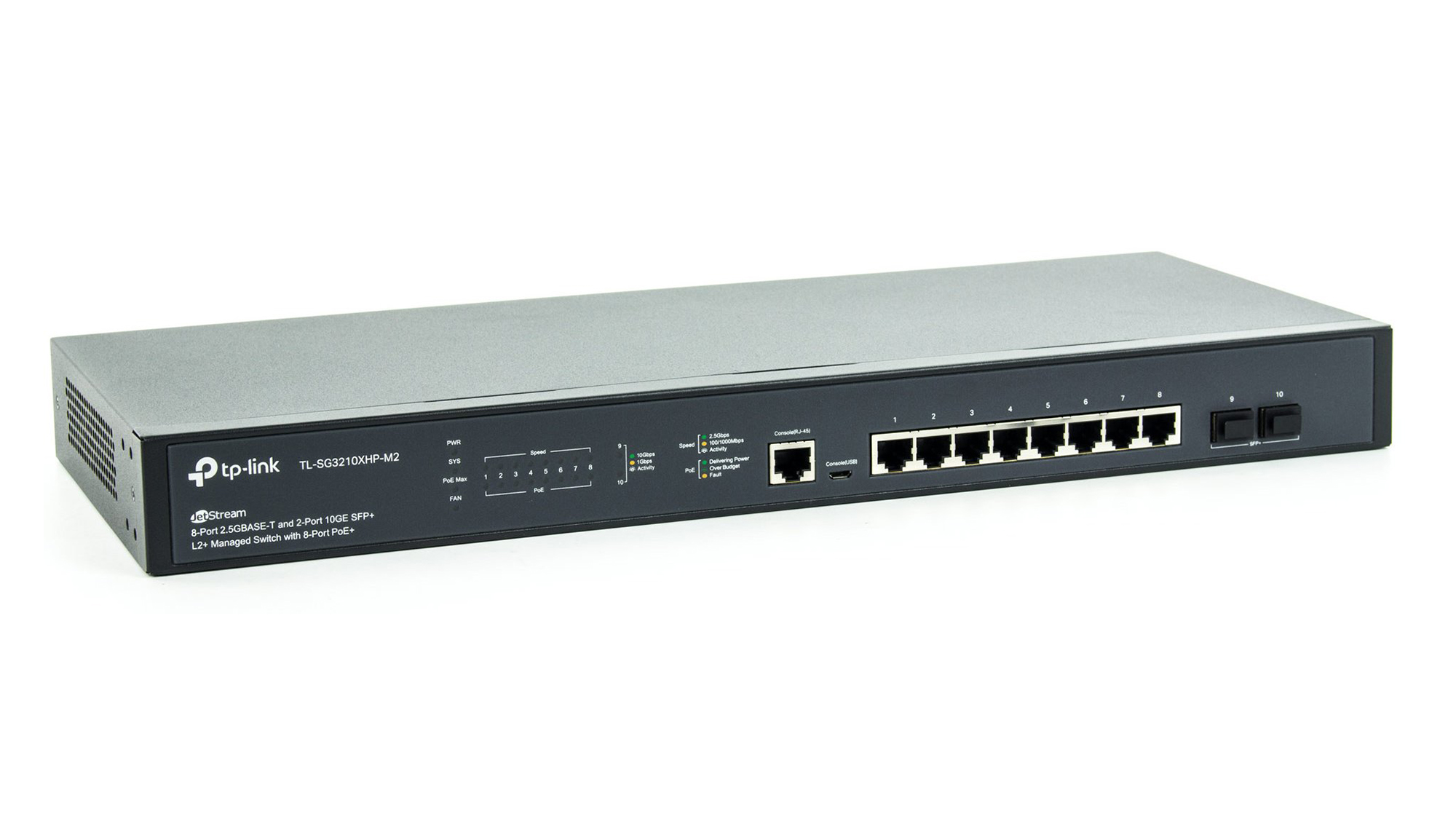
 TP-Link TL-SG3210XHP-M2 review: Any port in a storm
TP-Link TL-SG3210XHP-M2 review: Any port in a stormReviews An affordable multi-Gig PoE+ switch with a big power budget and management features to match
-
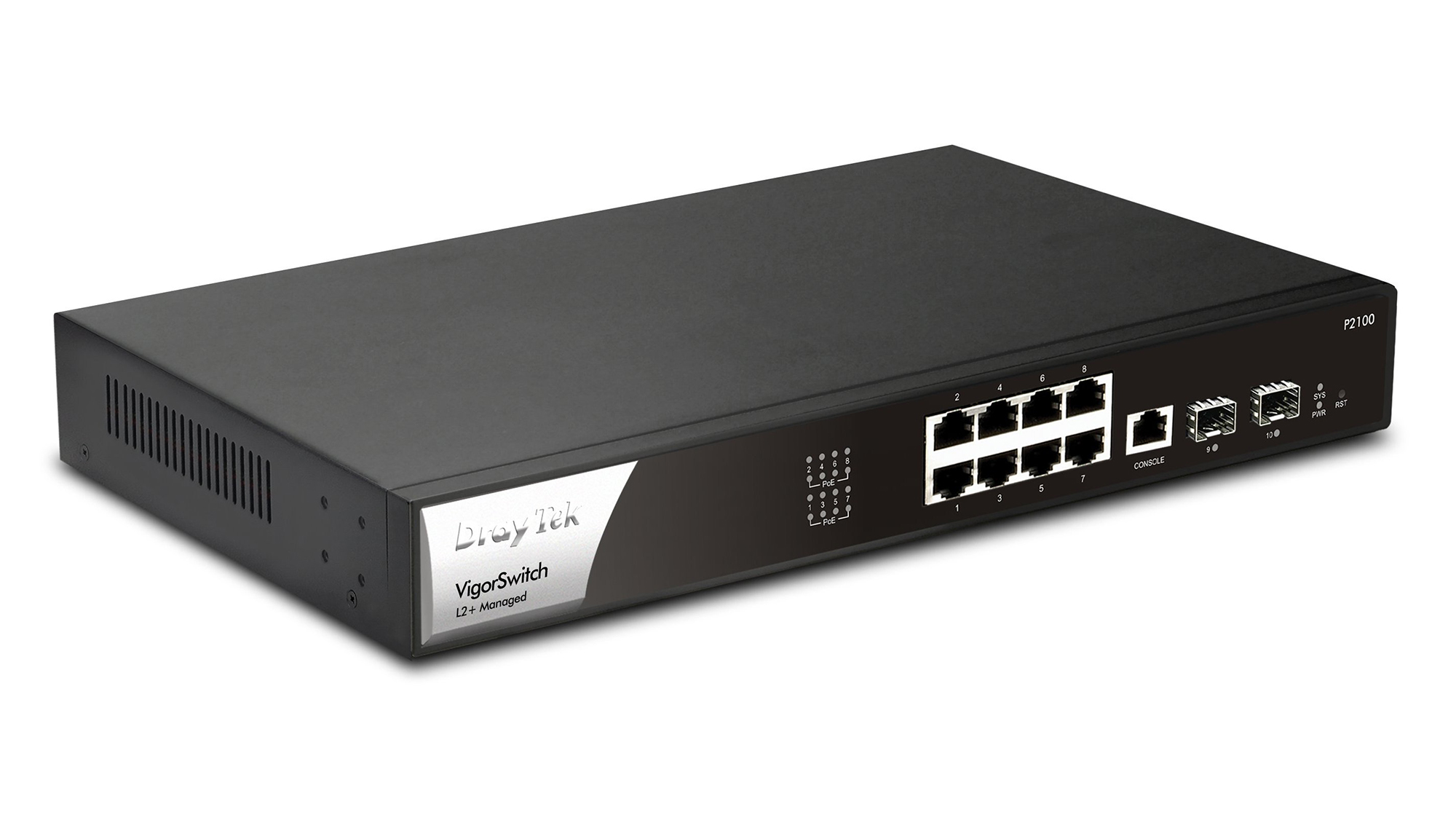
 DrayTek VigorSwitch P2100 review: A very appealing general-purpose switch
DrayTek VigorSwitch P2100 review: A very appealing general-purpose switchReviews A low-cost PoE switch with oodles of options for management and strong surveillance skills
-
 Qnap QGD-3014-16PT review: A clever combo
Qnap QGD-3014-16PT review: A clever comboReviews A smart partnership of NAS appliance and PoE switch well suited to surveillance duties
-
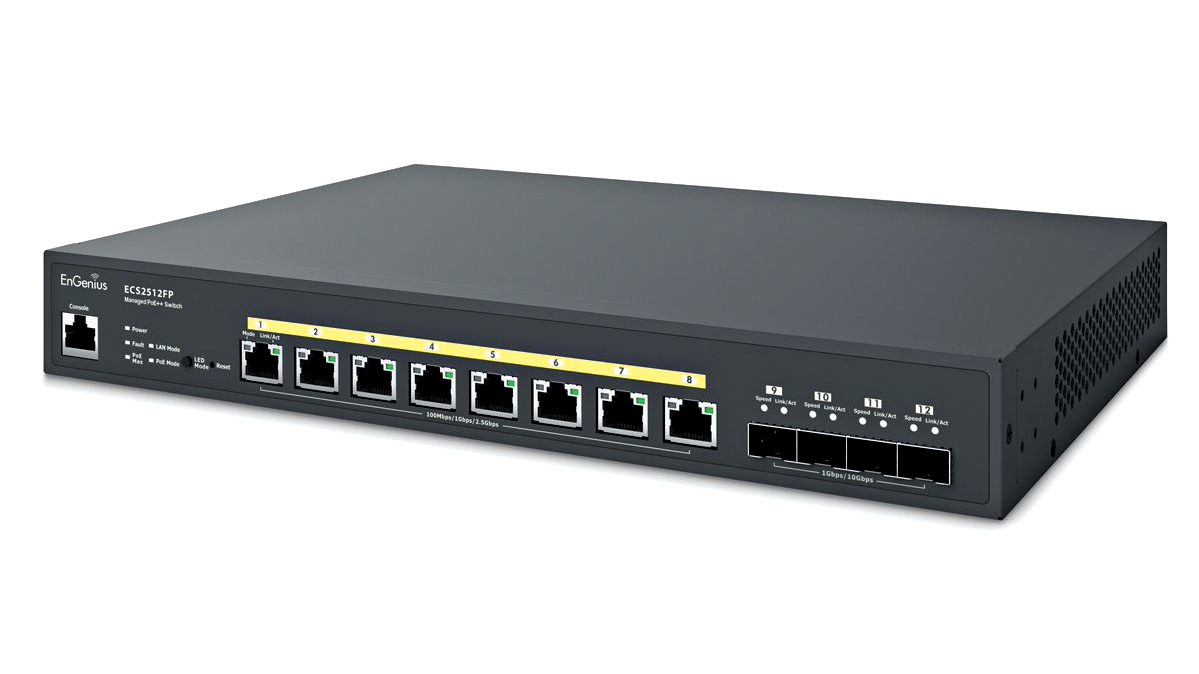
 EnGenius ECS2512FP review: Bang on target
EnGenius ECS2512FP review: Bang on targetReviews This multi-Gigabit switch combines plenty of ports with high-power PoE++ and cloud management